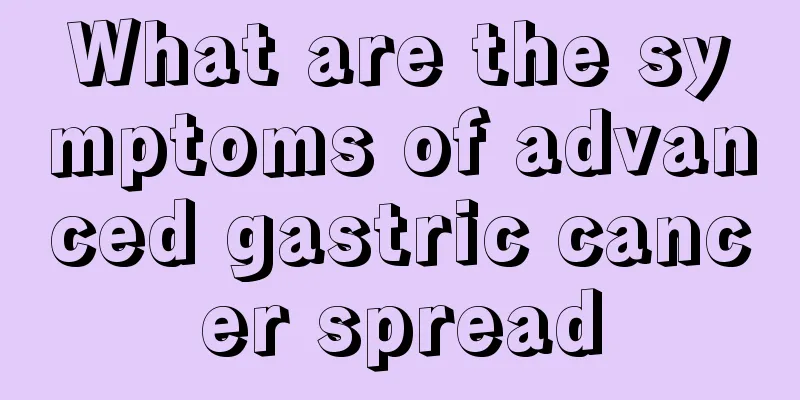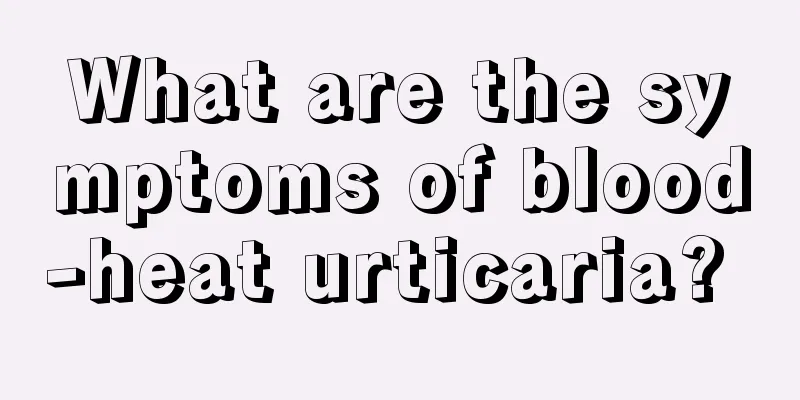The degree of dysphagia in advanced esophageal cancer

|
Dysphagia is the main symptom of advanced esophageal cancer, and about 90% of patients have this symptom. The degree of dysphagia is related to the pathological type of esophageal cancer. The esophagus is a muscular tubular organ with expansion function. Patients will experience esophageal obstruction symptoms, namely dysphagia, only after the tumor has invaded a large part of the esophageal inner diameter or circumference. Because the esophageal wall has good elasticity and expansion ability, the dysphagia symptom is not obvious when the tumor has not involved more than half of the esophageal circumference. The severity and development of dysphagia in patients with advanced esophageal cancer are related to the gross pathological type of the tumor and other local changes. Among them, the stenotic and medullary types are more severe than other types. The dysphagia of the stenotic type is the most obvious and persistent; the ulcer type may not have obvious dysphagia; the medullary type, the mushroom type or the intracavitary type often have more severe dysphagia, and sometimes the dysphagia symptoms may be temporarily relieved due to necrosis and shedding of cancerous tissue. The specific situations of dysphagia caused by various types of esophageal cancer are as follows: 1. The dysphagia symptoms of patients with stricture esophageal cancer are the most obvious and typical. 2. Most patients with ulcerative esophageal cancer do not have significant dysphagia. Even if the disease progresses from the advanced stage to the late stage, they may not necessarily have significant dysphagia. 3. Before the tumor of umbrella-shaped esophageal cancer completely blocks the esophageal cavity or blocks most of the esophageal cavity, the symptoms of difficulty in eating are not obvious. 4. Most patients with medullary esophageal cancer have more serious symptoms of difficulty in swallowing. Sometimes, due to ischemia, necrosis and shedding of cancer tissue, the tumor is reduced and the symptoms of difficulty in swallowing can be temporarily relieved, but the symptoms recur soon after. 5. When the congestion, edema and inflammation of the proximal esophageal mucosa of esophageal cancer worsen, the symptoms of dysphagia will worsen accordingly, and when they decrease or disappear, the symptoms of dysphagia will be alleviated. |
<<: The main cause of late-stage death in patients with esophageal cancer
>>: Signet ring cell carcinoma is a special type of gastric cancer
Recommend
Can early kidney cancer be cured?
Most renal cancer patients are asymptomatic renal...
Does bloody vaginal discharge mean cervical cancer? What are the pathological characteristics of cervical cancer?
The lesions of the female internal reproductive o...
How to treat sinusitis and runny nose
Sinusitis is a very common disease in daily life....
There is too much moisture in the body and acne on the face
Everyone has different eating habits. If the eati...
What are the complications of hypertension? The seven most obvious symptoms
Surveys show that hypertension has become a commo...
What should you pay attention to in your diet in the late stage of lung cancer? Five things to pay attention to in your diet in the late stage of lung cancer
The rapid development of industrialization in mod...
How to diagnose prostate cancer recurrence
Currently, radical prostatectomy is one of the ma...
Is placenta storage useful?
Placenta storage is a very new name now, but many...
What to do if a patient with advanced liver cancer becomes unconscious and talks nonsense
What should I do if a patient with advanced liver...
Is it okay to place the mirror sideways facing the bed?
Young people nowadays know little about Feng Shui...
What should I do if the hair on the top of my head becomes thinner and thinner
Sometimes when we wake up in the morning, we find...
What are the precautions for taking antibiotics?
Antibiotics are a type of drug that many people o...
How to take good care of women with ovarian tumors
Ovarian tumor is one of the three major malignant...
What are the preventive actions for gallbladder cancer
In recent years, the number of patients with gall...
How much does it cost to treat advanced liver cancer with traditional Chinese medicine?
If TCM is used to treat liver cancer in the late ...









